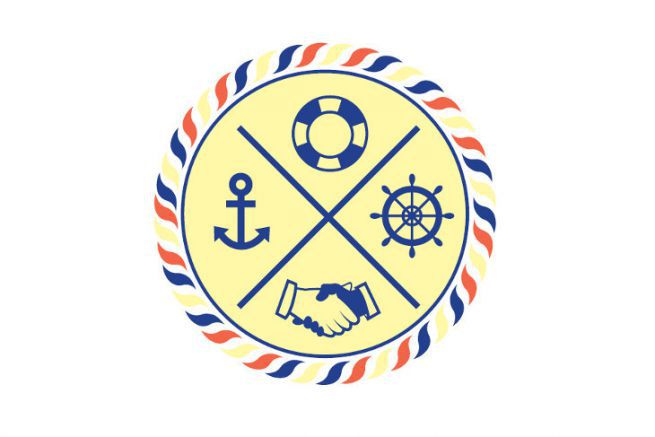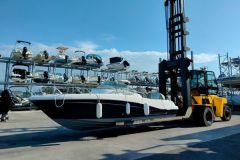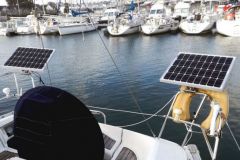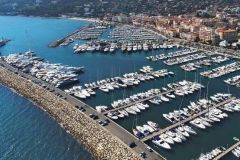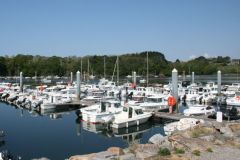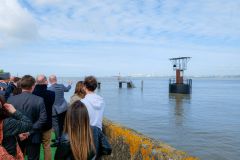An inventory of collaborative yachting
Collaborative practices are one of the pillars of the new economy and are winning the nautical world. The Association des Ports de Plaisance de Bretagne (APPB) has noted this and has just published the results of its"Etat des lieux de la plaisance collaborative", a tool for its members. The study, conducted by an internal APPB working group, was carried out with the support of Collporterre, specialist in collaborative economy and Légisplaisance for legal aspects. After replacing the context of strong growth in the collaborative sector, with the prospect of 20 times more transactions in Europe, the authors identify 6 major applications in the nautical sector:
Boat rental between private individuals
- Co-browsing
- Rental at the quayside
- Shared boats
- The exchange of boats
- Shared berths
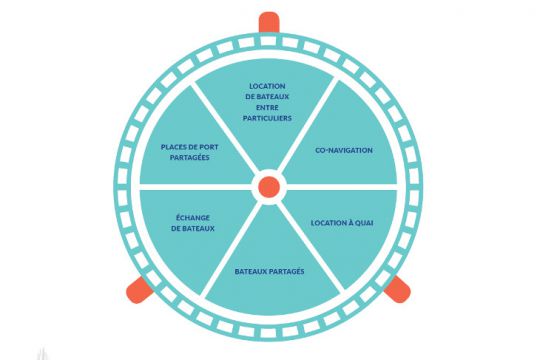
New tools for pre-existing uses
Co-navigation or shared boats were called before purse to crew members or co-ownership. Although the practices are old, digital tools have allowed a strong development in recent years. After a proliferation of new companies, the Internet platforms of collaborative yachting are now structured around a few major players, such as Click&Boat and Samboat for the rental of boats between private individuals or Boatyng and Captain'Flit for dockside rental.
Laws in the process of adaptation
National legislation is evolving to keep pace with this new economy. According to the 2016 finance law, in order to regulate rental between private individuals, platforms must now provide an annual summary of the income received to the owner of the boat. The administration can thus ensure that the income received is used to amortize the maintenance of the boat and not to make a commercial profit. Consideration is also being given to authorising the subletting of berths.
What welcome in the ports?
Faced with increasing practices, marinas must also adapt. "There are 3 options: prohibit, regulate and encourage collaborative boating. "explains Emmanuel Jahan, Vice-President of the APPB. "At the beginning, our members oscillated between prohibiting and framing, but increasingly, they encourage these new practices. They are even the driving force, with initiatives such as the Breizh Boat Club de la Sellor or the Morbi Embark platform of the Compagnie des Ports du Morbihan. Our role is to accompany member ports to identify risks and assets."

